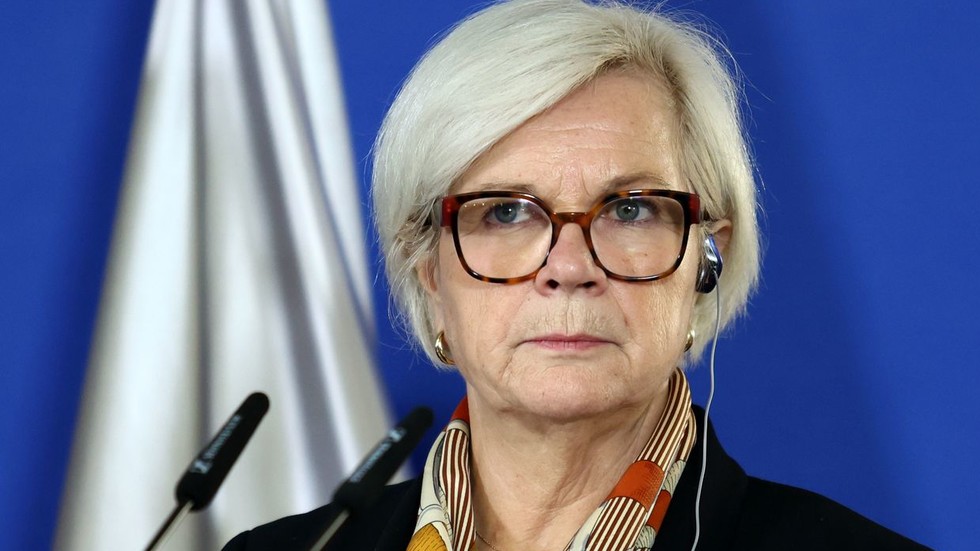Sudanese Refugees in Ethiopia Face Ongoing Violence and Abuse
Thousands of Sudanese refugees in Ethiopia’s Amhara region have been subjected to repeated incidents of violence, abductions, and forced labor, according to a new report by Human Rights Watch (HRW). The report, released on October 17, 2024, documents numerous security incidents affecting refugees who fled Sudan’s conflict since April 2023.
Refugees at the Awlala and Kumer camps in the West Gondar Zone have been particularly vulnerable, facing repeated attacks, including killings and forced labor. In May 2024, over 1,000 refugees protested against the ongoing abuses but were blocked by Ethiopian police. A significant incident occurred on July 17, 2024, when armed individuals attacked the Kumer camp, killing ten Ethiopian federal police officers and wounding 11 others.
Refugee communities have documented 347 cases of forced labor during 2023 and 2024. A 43-year-old Sudanese man recounted, “When [the militias] find us, they ask for a phone or money. If they find nothing, they take you away and force you to work on farms.” Many refugees have expressed fears of further violence, even after being relocated to a new camp, Aftit, by the UNHCR and Ethiopian authorities.
The situation worsened in August and September 2024, as clashes between Fano militias and federal forces escalated near refugee sites. On August 21, 2024, Ethiopian soldiers and local militias reportedly forced refugees to relocate to the Metemma transit center, using violence and destroying makeshift shelters when refugees resisted.
The HRW report also notes that many refugees felt compelled to return to Sudan, often becoming separated from their families in the process. Although Ethiopian officials claimed these returns were voluntary, HRW’s investigation found instances where refugees felt coerced.
In response to the report, the Ethiopian government’s Refugee and Returnee Service (RRS) dismissed the claims of abuses, killings, and looting by local militias and informal gangs as “unfounded and erroneous.” However, Human Rights Watch urges the Ethiopian government to fulfill its obligations to protect refugees and relocate them to safer areas. Laetitia Bader, deputy Africa director at Human Rights Watch, emphasized, “The Ethiopian government should uphold its obligations to protect refugees in its territory and relocate them, where possible, away from conflict zones.”



